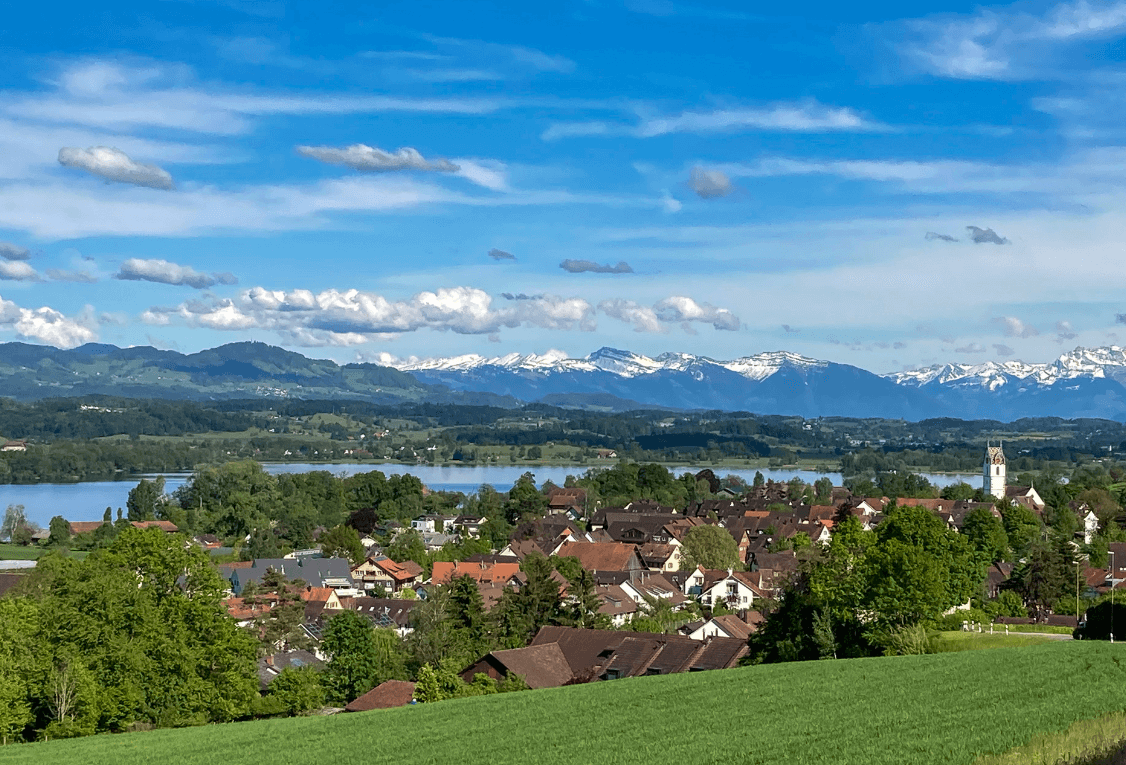What Climate Alarmists Get Wrong About the Science

Greetings friends!
Is the science on your side? When it comes to climate discussions, be careful in answering too quickly.
You might think that the science of climate change is settled and that every reasonable person agrees that human-caused warming is real. It doesn’t matter that no two models agree, many say, because all models point to warming. It’s just a matter of degree.
Climate Science is Just the Starting Point
For the sake of discussion, let’s accept the premise that increased CO2 is contributing to an increase in the average global temperature over time. Our work is done, right?
Unfortunately, identifying a problem is just the starting point. Identifying possible solutions is also not the hard part. The people who create real value propose solutions that society can actually implement.
It is in proposing practical solutions where climate alarmists fail to follow the science.

What Other Science Do We Need to Account For?
When I was serving as a C-Suite executive of an S&P 500 public company, I saw many intelligent people fail to make progress despite intense efforts.
Why did smart people repeatedly fail to make progress on their initiatives? It was always for one of two reasons (or both):
- They ignored human incentives that drive behavior, i.e. human psychology.
- They focused on the benefits but did not fully account for the costs, i.e. basic economics.
Let’s explore both topics.

The Psychology of Human Incentives
If you want to know how people will behave, the single best predictor by far is incentives.
Will behaving a certain way create a perceived benefit for an individual? We can reliably predict people to act for their own benefit.
Will performing an action cause perceived harm to an individual? Then we can also predict that they will avoid that action.
Nothing could be simpler or more universal. People are selfish.
But we underestimate the power of incentives over and over. We expect people to behave altruistically, in ways that hurt them and benefit others, despite all the evidence that this strategy is doomed to failure.
Consider unions that negotiate higher wages and benefits that drive their employers into bankruptcy, as happened with the U.S. automotive industry. Individual employees didn’t care about future problems in favor of today’s benefits.

The Economics of Costs and Benefits
When it comes to real-world problem-solving, there are no perfect solutions. There are only tradeoffs. That’s because resources are limited.
We can’t do everything we’d like to, so when we make choices we inevitably create tradeoffs.
If a country wants to fund generous social benefits, this requires higher taxation or incurring debt, or both. When we spend money on social benefits, we have less to spend on other priorities, like infrastructure.
If an organization wants its employees to learn to use a new IT system, this will require their time and attention. They will not be able to pursue as many other initiatives while learning the new system.
Again, nothing could be more obvious. But partisans focus excessively on the benefit side of the equation and neglect to consider the attendant costs.

But Don’t People See Climate as an Existential Issue?
I get why this question comes up. After all, if it’s literally a matter of life and death, won’t people stop acting selfishly?
It is possible to convince individuals to act against their perceived short-term interests. But it’s tough because it runs counter to basic psychology and economics.
Here are conditions that must be present for people to act against their perceived short-term interests:
- A genuine crisis, acknowledged by everyone
- Solutions that do not impose unnecessary hardship disproportionately
- Solutions that actually address the problem

Unfortunately, these conditions are not currently met in the climate discussion:
- Even the Intergovernmental Panel on Climate Change predicts no more than a modest drag on global GDP growth in the next century. Even if we do face problems, they are not pressing.
- Wealthy nations can afford to buy energy from alternative sources. Wealthy individuals continue enjoying their jet-setting, lavish lifestyles. Poor nations and poor people should shiver in the dark at home and be grateful they’re still alive.
- Giving up gas-powered cars and forsaking fossil fuels only makes life expensive and inconvenient. Without the active participation of the world’s largest CO2 emitters, the West’s actions are so much window-dressing.
Don’t Expect Much Climate Progress Until …
Until we honestly address the incentives that drive human behavior and until we transparently address not just supposed future benefits but actual current-day costs.
Until then, don’t expect people to act against their perceived interests. And don’t expect people to line up for expensive remedies that are borne unequally.
Climate change is a problem that can be solved by humanity. But only once we start addressing human science as well as climate science.
Be well.
Hit reply to tell me what's on your mind or write a comment directly on Klugne. If you received this mail from a friend and would like to subscribe to my free weekly newsletter, click here.
I published a version of this article on Medium originally.






Member discussion